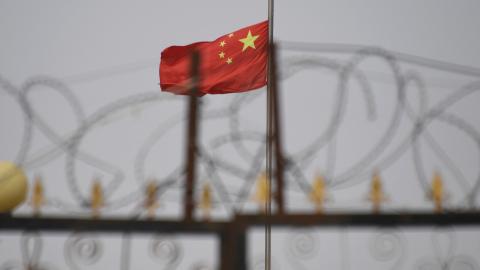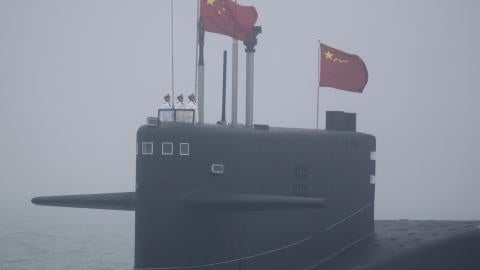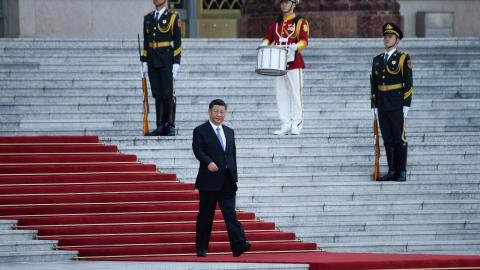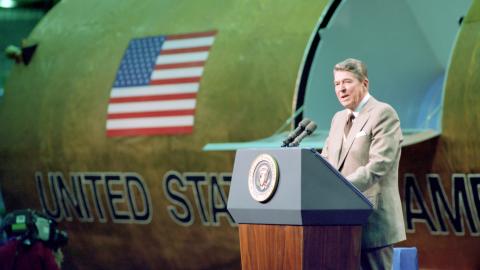

Please join Jon Askonas, a military scholar and assistant professor of politics at the Catholic University of America, and Hudson Media Fellow Jeremy Hunt for a conversation about the state of our military’s force structure and what it means for our national security.
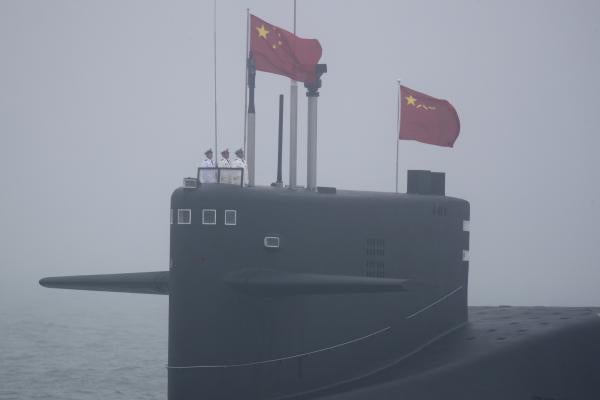

When Chinese leader Xi Jinping brokered a rapprochement between Saudi Arabia and Iran, the White House welcomed the news. According to the administration, reduced tensions between the Middle Eastern countries further the president’s long-stated goals and does not represent a significant change in China’s role in the region.
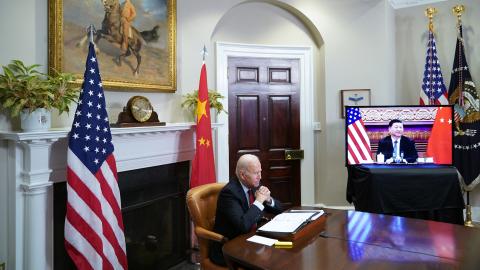

Join Hudson Institute for a conversation on these issues and more with Ambassador Adela Raz, former ambassador of Afghanistan to the US and visiting fellow at Hudson Institute, and Ambassador Husain Haqqani, former ambassador of Pakistan to the US and director of Hudson Institute’s South and Central Asia program.


Please join Hudson Institute to discuss what has gone wrong with US policy toward Venezuela and how the Biden administration and 118th Congress can reinvigorate efforts to support democracy so that all Venezuelans can have a brighter future.


Please join Hudson Institute for a discussion with Israel's Minister of Innovation, Science and Technology Ofir Akunis and Executive Director of the Abraham Accords Peace Institute Robert Greenway, moderated by Center for Peace and Security in the Middle East Director Michael Doran.


Please join Hudson Senior Fellow and Director of the Keystone Defense Initiative Rebeccah Heinrichs for a conversation with Senators Risch and Wicker on US support for Ukraine’s defense on Wednesday, March 29, at 4:00 p.m. A reception will follow.
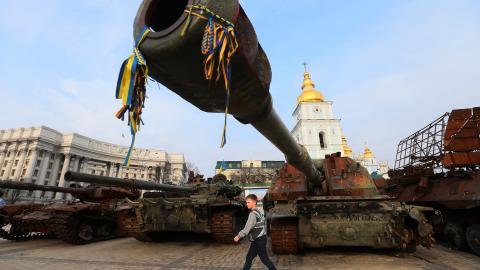
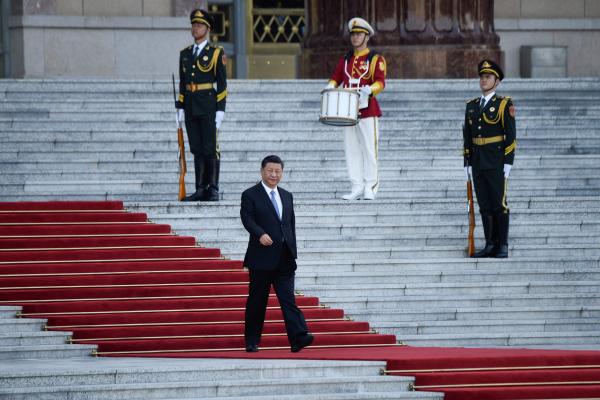
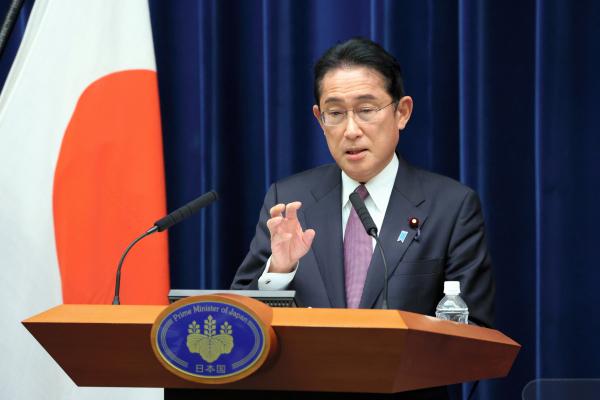
Hudson Institute’s Japan Chair hosts two professors from Keio University—Dr. Motohiro Tsuchiya and Prof. Koichiro Tanaka—to discuss the hurdles Tokyo needs to overcome to improve its active cyber defense and transition to different energy sources for both civilian and military use.
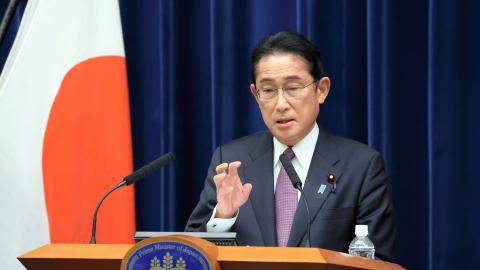

Please join Hudson Legal Fellow Devlin Hartline and expert panelists Megan K. Bannigan, Ben Sheffner, and Vijay Toke for a discussion on the importance of striking the right balance between free speech and trademark protection.

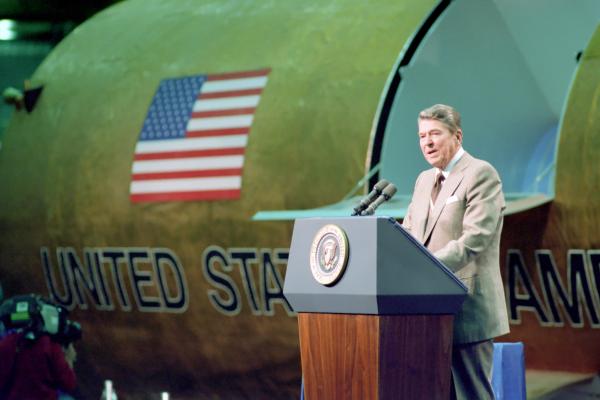
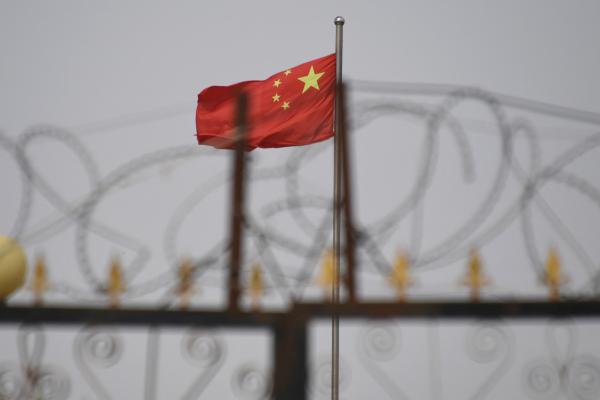
Join Hudson Senior Fellow Nury Turkel for a conversation with Department of Homeland Security Under Secretary for Strategy, Policy, and Plans Robert Silvers on how US firms can respond to the regulatory and reputational risks of potential complicity in atrocity crimes in China.
